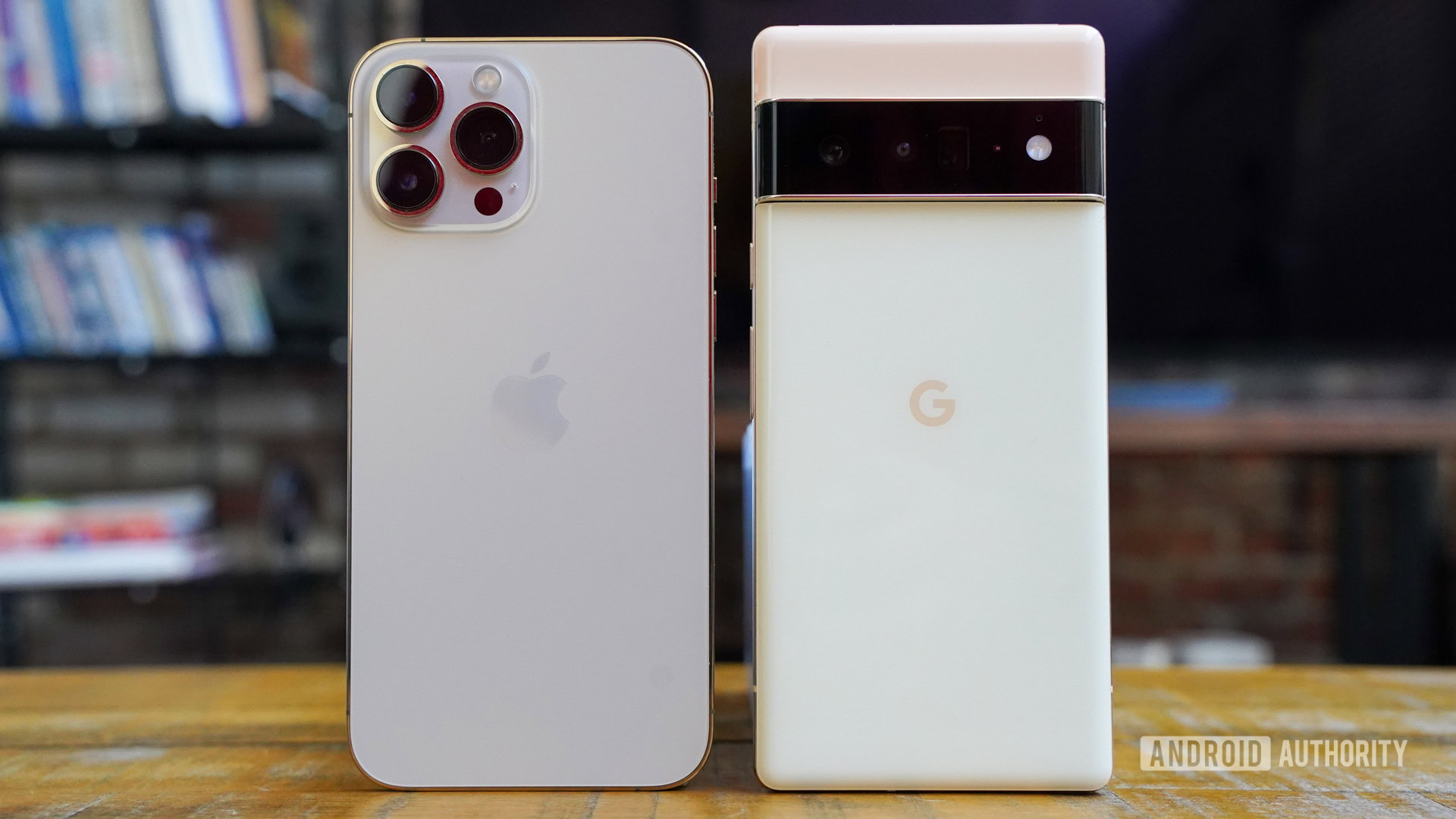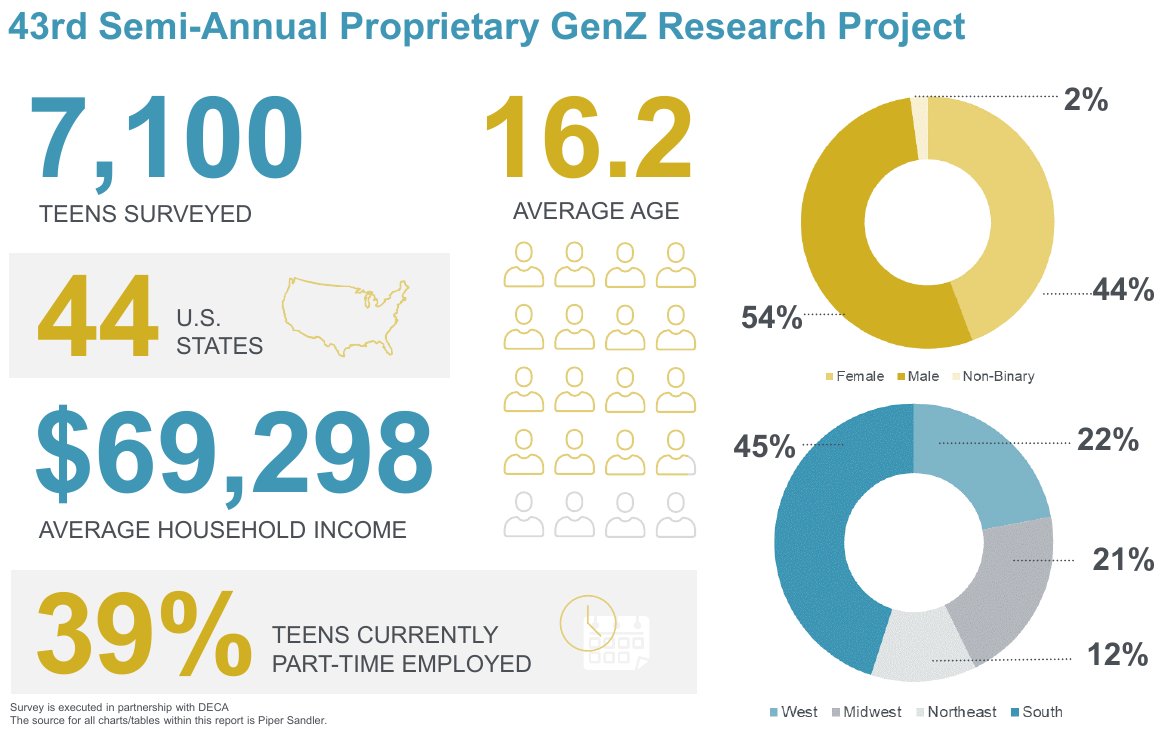Affiliate links on Android Authority may earn us a commission. Learn more.
US teens still overwhelmingly love Apple and Google needs to stop ignoring that
Published onApril 6, 2022

- United States teens overwhelmingly prefer Apple iPhones to Android devices.
- Apple Pay is the top payment option among teens.
- Google needs to do more or risk losing ground.
The latest research is in and Apple is still the overwhelmingly popular choice among US teens for phones, as well as some services.
Piper Sandler conducted its semi-annual of 7,100 US teens to determine what devices, products, and services are most popular with them. The results should be a wake-up call for Google, with Apple’s iPhone the clear favorite among teens.

According to the report, 87% of teens currently own an iPhone, with 87% also planning on their next phone being an iPhone. This is near record highs for the company’s surveys, and shows Apple continues to maintain an undisputed lead in the premium smartphone market.
Similarly, Apple Pay took the top spot among payment apps and services, with 23% of users. PayPal’s Venmo came in a close second at 21%, while Google Pay was a distant tenth-place with a mere 2% penetration.
See also: What is Venmo?
Teens prefer Apple, and that’s bad news for Google
Piper Sandler’s report should be a major concern for Google. Dating back to the early days of the iPod, Apple has always relied on a “halo effect,” wherein entry-level products with broad appeal are used to draw users in to the Apple ecosystem. The iPhone has long since supplanted the iPod in that role, being many users’ first introduction to the Apple world.
Unfortunately for Google, patterns, habits, and preferences individuals establish in their teens often stick with them for life. According to Piper Sandler’s report, teen iPhone usage is already the driver behind Apple Pay’s top spot among that demographic:
For payment apps, Apple Pay ranked first, partly due to 87% of teens in the survey saying they have an iPhone.
The more users become familiar with — and reliant on — Apple’s services, the more unlikely they are to break out of the company’s ecosystem at a later date. Apple’s iMessage is another example, with Apple even admitting it had the ability to release a version for Android. That option was ultimately scuttled, with SVP , “the #1 most difficult [reason] to leave the Apple universe app is iMessage…iMessage amounts to serious lock-in.”
Google seems to know it has a problem, recently calling out Apple over “peer pressure and bullying” over the whole